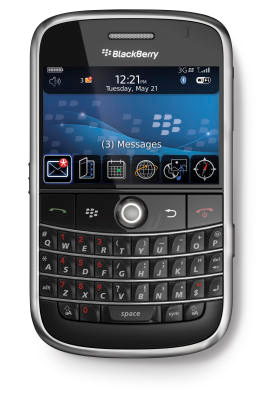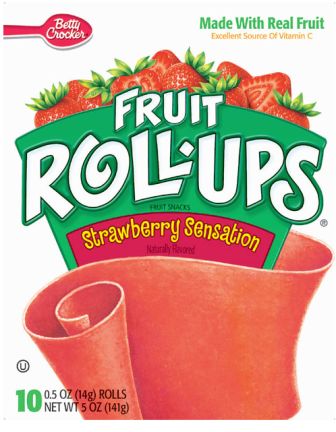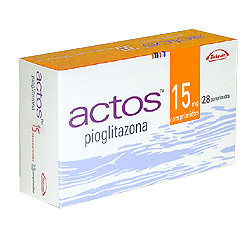 Top Class Actions
Top Class Actions
Blackout at BlackBerry. Well—it took a while—but it’s finally here—BlackBerry maker Research In Motion (RIM) is facing a potential class action lawsuit over the major service interruption which occurred on October 11, 2011. The consumer fraud lawsuit was filed on behalf of all US consumers who are currently under an agreement and using a BlackBerry device.
According to the legal counsel, although the users’ contracts are through Sprint and not RIM, they pay the company fees through the carrier. The lawsuit estimates that RIM takes in roughly $3.4 million in revenue per day from the services paid through the wireless carriers. Better SMS this one.
Hey Oreck, when the Light is on the Germs are…where? If all I need to get rid of the common cold or flu viruses is a vacuum—I wonder what untapped potential lurks within my food processor? Oh, hold on a minute…Oreck is facing a class action lawsuit alleging that claims the company makes about its “flu-fighting” vacuum cleaners and air purifiers are false and misleading. Really?
The federal consumer fraud suit claims that Oreck, in its advertising, states its Halo vacuum and air purifier can “eliminate common viruses, germs and allergens, thereby helping to prevent the illnesses they cause.” The lawsuit claims that Oreck “represented to consumers that the products used scientifically proven technology to eliminate common viruses, germs and allergens, thereby helping to prevent the illnesses they cause.” And, Oreck claims its products can prevent colds, diarrhea, stomach upsets, asthma and allergies. “Unfortunately for plaintiffs and the class, defendants’ claims are not adequately supported by credible, scientific testing or other substantiation, and are not true.”
Thelaw suit goes on to state that “… these representations were false, deceptive and inaccurate. As such, Oreck’s actions violated the Magnum Moss Warranty Act (‘MMWA’), breached express warranties made by defendants, breached implied contractual warranties imposed by law, violated numerous California consumer protection statutes, and violated New York consumer protection statutes and common laws.
Top Settlements
Unpaid overtime to be paid – at last. A $4 million settlement has been reached in an unpaid overtime class action against Sutherland Global Servies Ltd.
The lawsuit, brought by call center telemarketers in 2005, (yes – 6 years ago – not kidding) alleged that Sutherland didn’t pay its call center employees the overtime owed.
The lawsuit was originally brought by two Rochester employees of the Perinton-based process outsourcing company, and grew to 10 named employees and hundreds of unnamed workers, all of whom claimed they regularly worked more than 40 hours a week but were not paid overtime.
Although Sutherland denied the allegations, it agreed to a $4 million settlement to be divided among members of the class and U.S. District Judge David G. Larimer gave final approval to the settlement last week, ending the litigation.
Ok—That’s enough for this week. See you at the bar.



